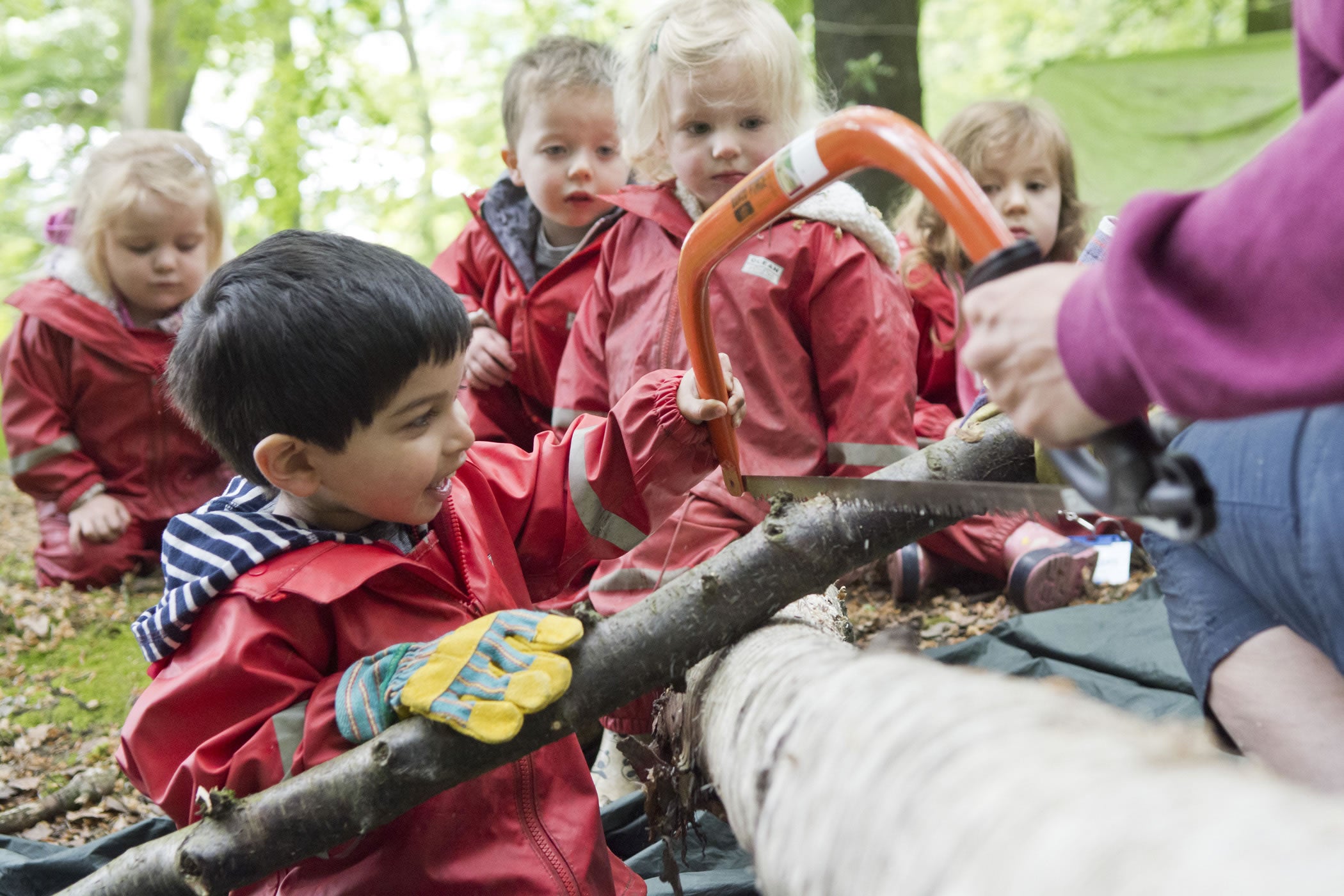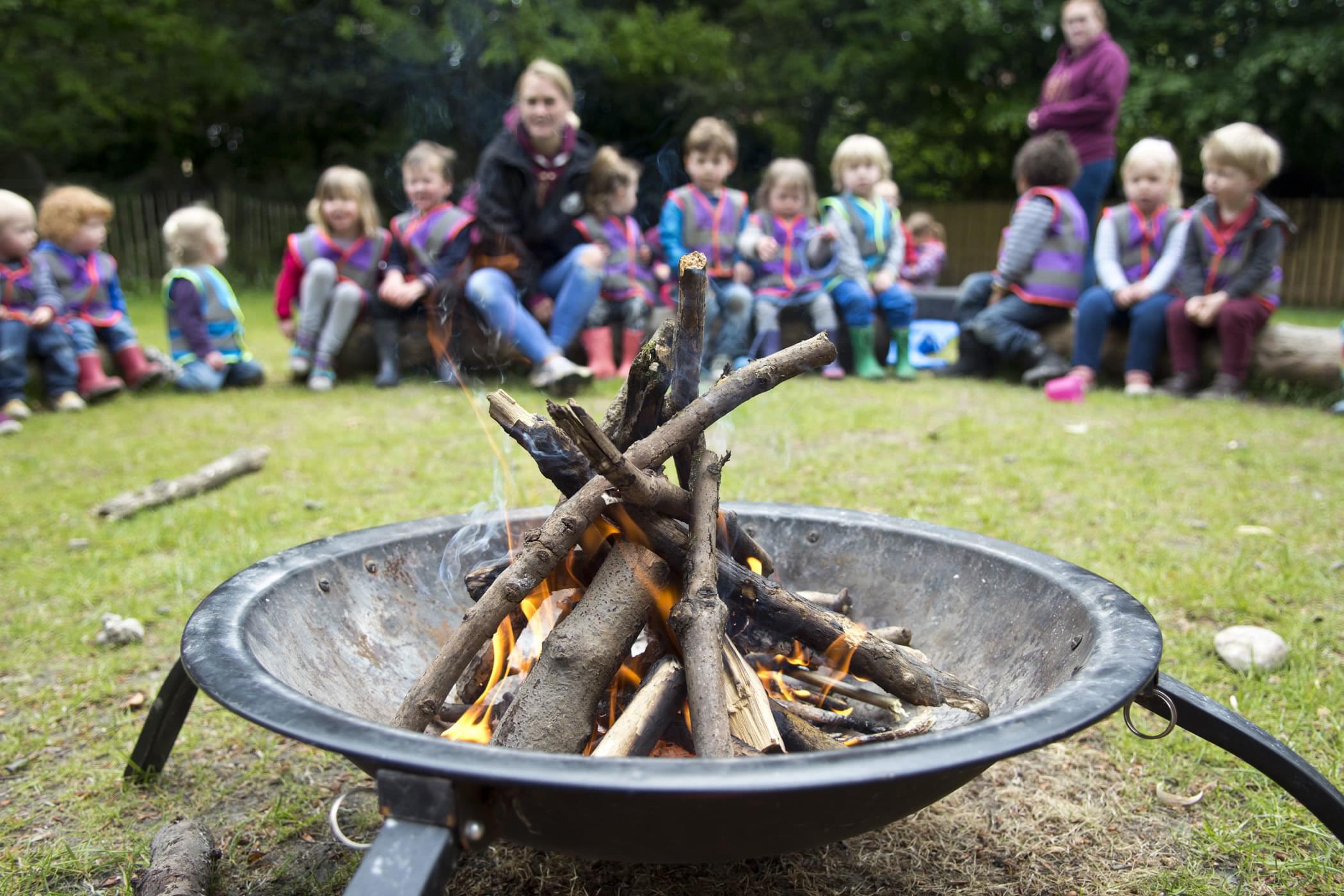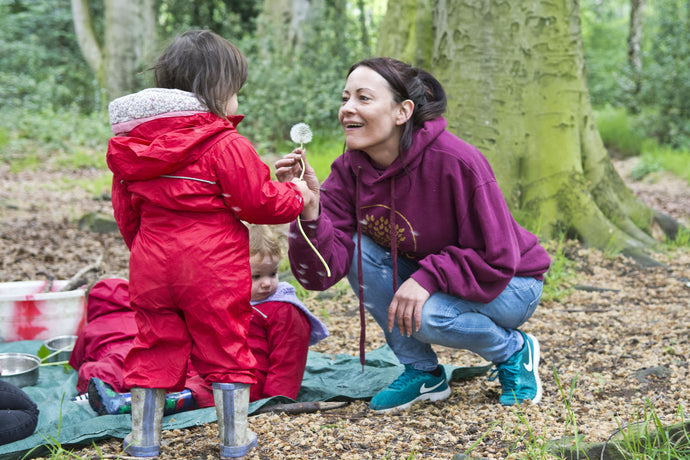- No courses in the cart.
What is Forest Schools, and how did it change my life?
12
Nov
Introduction to Forest Schools
Forest schools offer all people (children, young adults, and adults) opportunities to develop confidence, social skills, communication adeptness and more through interacting with nature.
The aims of Forest Schools is to develop in each person the skills they need to become Capable Learners and Personally Sustainable. Trained practitioners assist learners in meaningful experiences that develop individuals in various ways that foster well-rounded practices to embrace information and learning.
Forest Schools are discovery and exploration-based experiences that all promote the love of learning so that individuals understand on an experiential level the love of learning new things at the same time developing one’s character, resilience, social skills, and more.
Forest Schools are typically lead by the learner’s interest and built around that. Positive lifelong impacts are one of the top goals of Forest School practitioners and opportunities based around self-discovery, exploration and innate curiosity all help to spark a general interest to learn.
People learn in many different ways. Some younger learners work better outside of the classroom and Forest Schools offer a refreshing alternative to the traditional classroom setting, where learners are often confined indoors.
The experience of having learners go into nature and be outside to learn, sparks many educational benefits, which are highlighted in more detail below.

A Brief History of Forest Schools
The idea of Forest Schools was first created in Denmark in the 1950s and shortly after that, began in Sweden. In the 1990s the spirit of Forest Schools was introduced to the UK.
The first Canadian forest school was created in 2007. Forest Schools are now all around the world, with more programmes being crafted for different people, in every culture and a full range of geographical locations.
How to Start a Forest School Programme
If you have a group of learners that would benefit from a Forest School programme, two main courses of action will establish the programme. The first way to go about establishing a Forest School programme, is to hire an up-to-date trained Level 3 Forest School practitioner.
The other method is to get trained as a Level 3 Forest School practitioner yourself. If you would like more information on how to start a programme or become trained as a practitioner, please read more here about Forest School Training.

Forest Schools Curriculum
The Forest Schools curriculum may differ on programme, students involved, and location, however, there is typically an outing to the forest or into nature at least once per week over the course of a year and there may be a weekly thread. This approach usually includes an initial assessment period for a baseline to be established with each learner. This baseline helps facilitators better assist each individual to improve skills and development. Most Forest Schools provide a larger trained professional to student ratio to make certain there is adequate support.
Most Forest Schools curriculum are student-led and play-based. The use of all 5 senses in nature brings direct and deep level learning experiences that molds students fascination with nature and holistic learning.
Advantages of Forest Schools
One of the best advantages of Forest Schools benefits in development for learners. Learners have direct experience social and emotional development and the style brings more well-roundedness. Individuals who attend Forest Schools tend to be more relaxed and motivated to learn.
Learners will develop a bond and deep connection with nature through this immersion and understand the world more through consistent interaction with the environment around them.
Some benefits of participants of a Forest School programme are the following: increased focus and attention skills, improved communication skills, increased knowledge of the environment and world around them and visiting nature with family, independence development, learn how to take healthy risks, improved view of self, improvement on balance, coordination, and fine motor skills, and increased motivation to learn, and relaxation to be able to obtain new information and skills.
Traditional academic learning can also be implemented alongside a Forest School programme. For more information about this, please contact us directly.

List of Forest School Opportunities
The range of opportunities will inevitable vary between different programs.
Experiences that you may see in the Forest Schools program include: free time to explore and interact with nature fully, journeying and hiking, plant knowledge, fire safety and creating camp fires, storytelling and sharing, dens and shelter creation, reflection is fundamental throughout, tool use learning and application to make and create inventions and bring them to life, yoga as well as rough and tumble, and many many more opportunities limited only by the child's imagination.
Why Forest Schools?!
Everyone is welcome to learn immersed in a Forest Schools education and the benefits may really surprise and delight you. The holistic approach and working directly to improve and develop individuals through catered outdoors experiences are beyond valuable and will last a lifetime.
Every participant in a Forest School programme is considered equal, valuable, able to explore, eligible to be confronted by challenges and risk that are appropriate for development and growth, has the ability to use their voice and listening abilities to develop positive relationships with self and others, and entitled to understand their own process of learning and understand and develop skills based on what they want to learn more about.
Inspiring children and all people to interact with the outdoors brings many positive aspects of development. You could consider it in this simple means: learning about the natural world helps one understand how everything in the universe works.
The younger we are immersed and build a connection the sooner we come to understand the magic of nature. The younger we have an understanding that everything is connected from the smallest living things to the massive trees and plant life that exists, land, sea and air, mountain top and desert, valley bottom and tropical rain Forest. By promoting, understanding, and emphasizing the importance of nature, young people will develop ways to keep our planet healthy and sustainable.
Take A Look Inside A Forest School




